Mayors push for recycled water to fight future droughts
Mayors across Queensland have overwhelmingly backed a push to expand the use of recycled water.
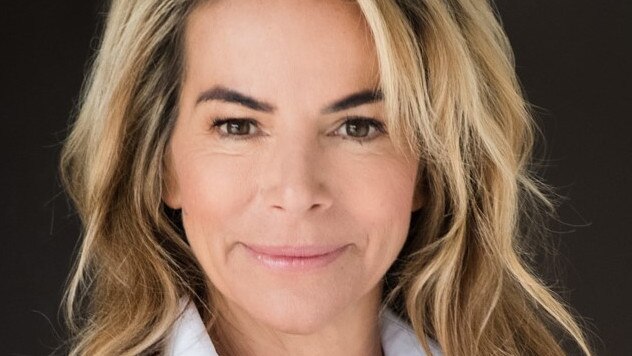
Mayors across Queensland have overwhelmingly backed a push to expand the use of recycled water.
A motion, urging the state government to “look at additional uses of recycled wastewater”, was passed 215 votes to 15 at the Local Government Association of Queensland conference late last year.
Noosa Shire councillor Amelia Lorentson, the architect of the motion, said more sewage should be recycled to combat water scarcity.
“After La Nina, we can expect long periods of drought,” she said. “As a country and as a state we must be positioned to deal with climate challenges and water scarcity. We must plan to be droughtproof.
“We therefore need to create a state and a water industry that supports less wasteful distribution and use of water as well as water treatment and recycling.”
The cabinet of Premier Annastacia Palaszczuk will this month consider a new report from government agency Seqwater, which proposes adding recycled water to the region’s drinking supply or building a new desalination plant on the Sunshine Coast.
Southeast Queensland’s population boom has prompted Seqwater to bring forward its 2040 deadline for a new drinking water source to 2030.
Although Ms Lorentson has not backed using recycled water to top up drinking supplies, she said treated effluent should be used more for irrigation, firefighting and street-cleaning.
“The full potential of wastewater is underexploited and undervalued,” she said.
“At the moment we recycle approximately 15 per cent of treated wastewater statewide. We must aim to recycle 100 per cent.”
The $2.5bn Western Corridor Recycled Water Scheme was built by Peter Beattie’s Labor government during the millennium drought, but has never supplemented drinking supplies. The scheme provides some water for industry, but was largely placed into care and maintenance in 2013.
Under current water policy, the trigger to introduce recycled water into southeast Queensland’s drinking supply is when dam levels hit 40 per cent. On Monday, the drinking supply for the water grid was at 81.3 per cent.
Police Minister Mark Ryan on Monday said he supports the use of recycled water.
“I have drunk it before, I have no problems with it so I don’t see any hassles with it at all,” he said.
“There is obviously a need in the community for information around this so people can form their own opinions.
“There are more conversations that will happen around this and people can inform themselves about their own particular views.
“Anyone who has travelled has probably drunk recycled water. There is a lot of science around how safe it is and the impacts it can potentially bring to water levels in jurisdictions.”
Several sources have told The Australian that Ms Palaszczuk wants to avoid public debate about the permanent use of recycled water in drinking supplies and is more supportive of building a new desalination plant.
Ms Palaszczuk last year she would drink recycled water “if the experts say it’s safe”.
Water Minster Glenn Butcher said: “Any Queensland council that wishes to expand the use of recycled water, other than for direct potable reuse, is free to do so, subject to receiving regulatory approval from the Department of Regional Development, Manufacturing and Water.”


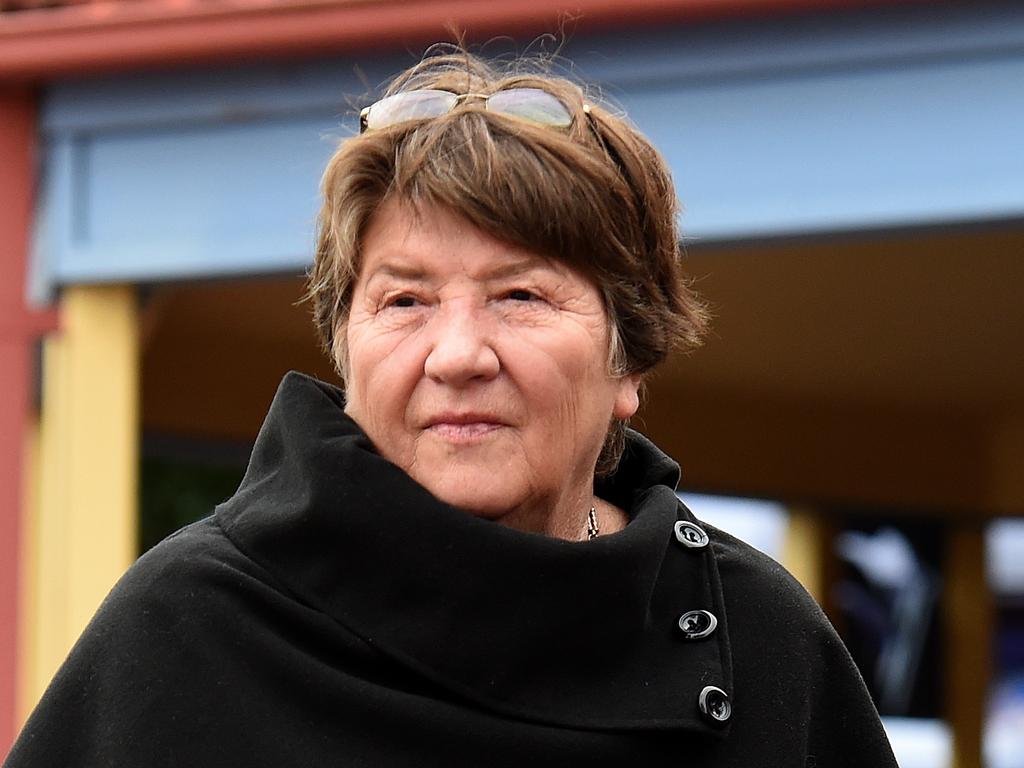
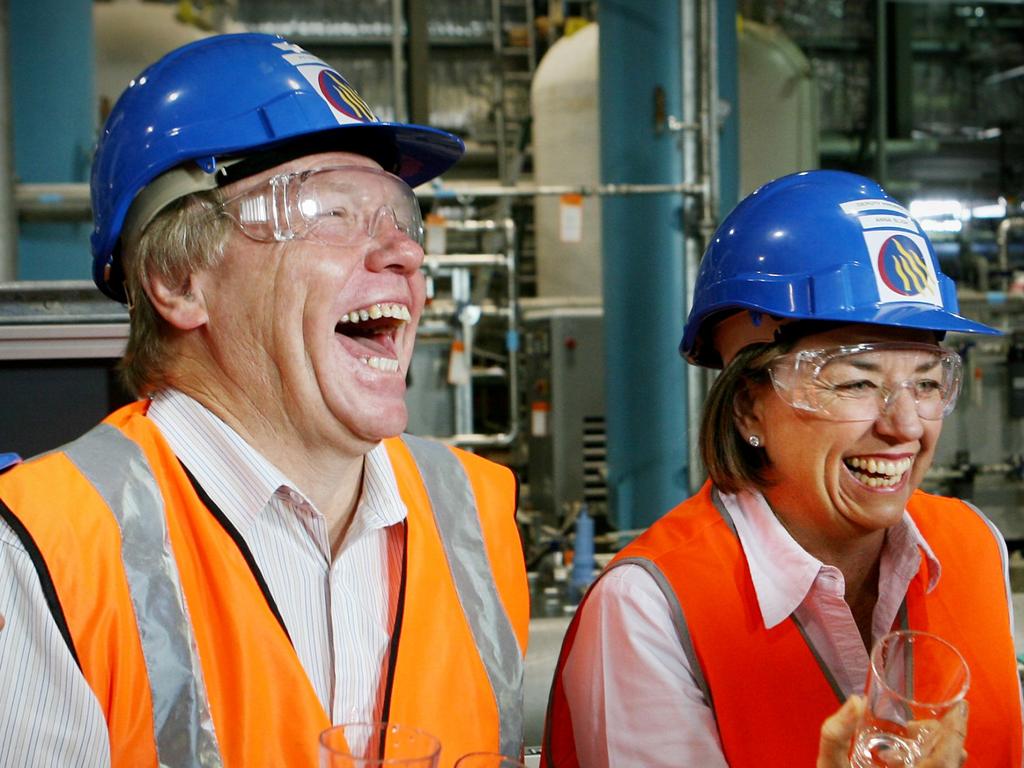
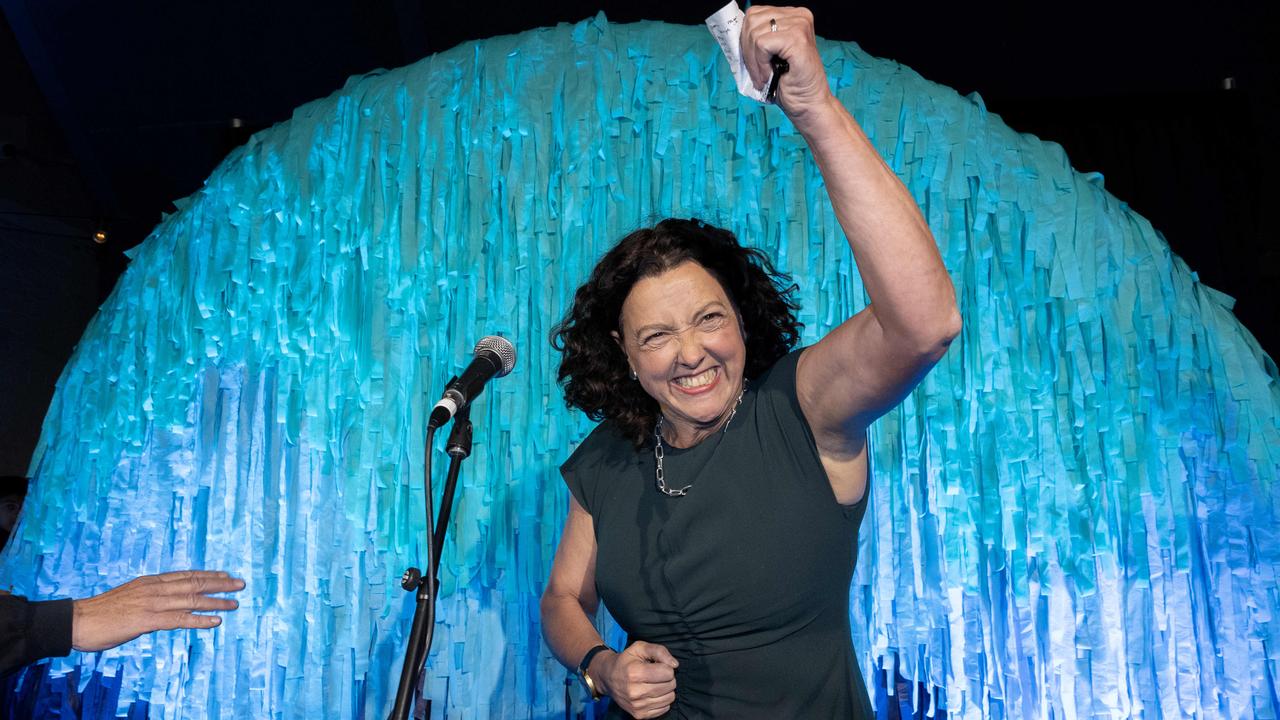
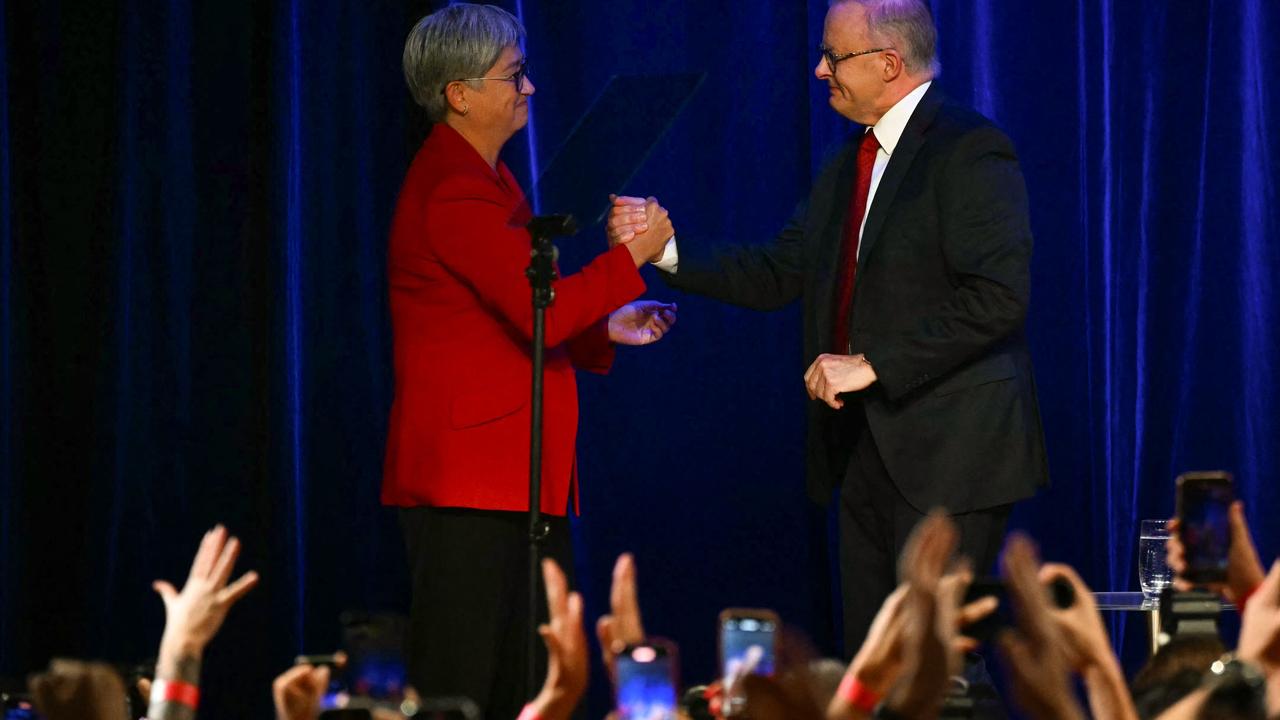
To join the conversation, please log in. Don't have an account? Register
Join the conversation, you are commenting as Logout